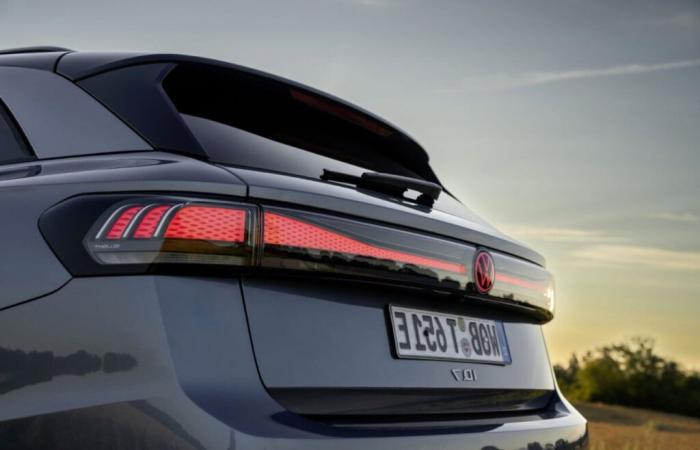Electric car news
Have you ever wondered how long it takes to create a car from scratch? At Volkswagen, we are preparing to shake up the codes of the automobile industry. Faced with fierce competition, particularly from China, the German giant is launching a bold challenge: designing its future electric models in record time.
An ambitious bet: 30 months to bring a car to life
Traditionally, the development of a new vehicle is spread over 3 to 5 years. A deadline which may seem reasonable, but which becomes a real handicap in the electric age. Volkswagen has understood this well and has set itself an ambitious objective: to reduce this process to only 30 months.
Kai Grünitz, the brand's new technical director, revealed this strategy in an interview with German media Automobilwoche. He specifies that several current projects are already targeting this tight deadline, with a maximum range of 36 months. Such acceleration naturally raises questions about the feasibility and final quality of the products.
Why such an emergency?
The automotive industry is going through a pivotal period. The transition to electric is accompanied by dazzling technological developments, particularly in the field of batteries and motors. A model designed over 5 years risks being outdated even before it is marketed. Manufacturers therefore find themselves facing a major challenge: innovating quickly while guaranteeing reliability and performance.
This race against time is reminiscent of certain failures of the past. Take the example of the Honda NSX NC1, initially developed to compete with the Ferrari 458. Its long design process ultimately pitted it against the newer and more powerful 488, making it less competitive upon its launch.
Chinese methods as a source of inspiration
To achieve its objective, Volkswagen seems to be taking inspiration from Chinese manufacturers, true masters of speed. The latter manage to develop new electric models in 18 to 24 months only. A performance which explains their rise in power on the global market and which pushes the European giants to review their methods.
Concretely, Volkswagen plans to reduce physical test times by 40%. A decision which raises questions about the final quality of the vehicles. Recent history has shown us that haste can lead to inconvenience, as evidenced by the problems encountered by the Citroën ë-C3 in its early days.
Technical and human challenges
Accelerating the development process does not happen at the snap of a finger. This involves a complete overhaul of working methods and extensive optimization of each step. Here are some key points Volkswagen will need to focus on:
- Increased digitalization : Extensive use of digital simulation to reduce physical testing
- Modularity : Development of versatile platforms adaptable to several models
- Strengthened collaboration : Better synergy between different departments and suppliers
- Organizational agility : Adoption of more flexible project management methods
These changes will require significant adaptation on the part of the teams. The corporate culture will have to evolve towards more responsiveness and risk-taking, while maintaining the demand for quality that makes Volkswagen's reputation.
What are the risks for quality?
The question of quality is central in this new approach. Volkswagen has already experienced some setbacks with its ID range, notably on the first versions of the ID.3, criticized for their finishes below the brand's usual standards and their software bugs. The manufacturer will therefore have to find the right balance between speed and excellence.
To achieve this, the company is banking on increased use of simulation and virtual reality technologies. These tools make it possible to detect and correct a large number of problems even before the first physical prototypes are produced. However, nothing completely replaces tests in real conditions, which explains the concern of some observers about the announced 40% reduction in physical tests.
A challenge that goes beyond Volkswagen
This Volkswagen initiative is part of a broader movement that affects the entire automotive industry. Faced with the rise of Chinese manufacturers and the rapid evolution of technologies, all traditional players are forced to review their processes.
Renault, for example, recently opened a branch in China, a sign of a desire to adopt more agile methods. Other manufacturers may well follow suit, creating a new standard in the industry. This race for innovation and speed could reshape the global automotive landscape in the years to come.
Ultimately, Volkswagen's bet is bold but necessary. In a rapidly changing market, the ability to adapt quickly becomes a major asset. It remains to be seen whether the German giant will manage to maintain its level of requirements while drastically accelerating its processes. One thing is certain: the next few years promise to be exciting for automobile enthusiasts and industry observers.
Written by Philippe Moureau
Forty-year-old passionate about electric cars. I am interested in the energy transition and the fight against greenhouse gas emissions. I am a true electric car enthusiast and environmental advocate.
React to the article







